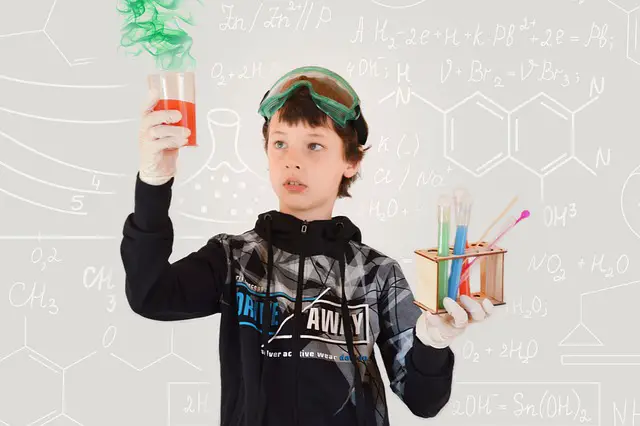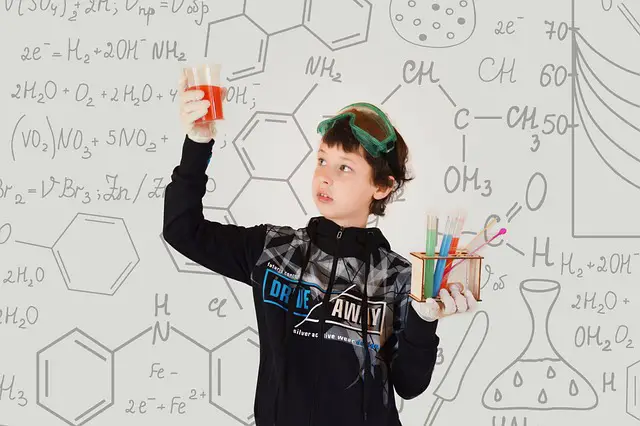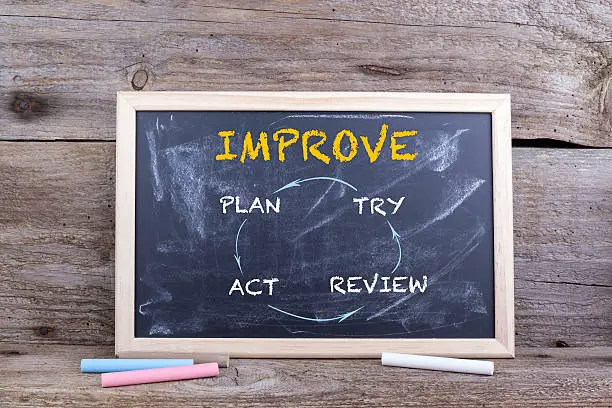Best 6 Interventions for Exceptionally Gifted Children
Exceptionally gifted children have unique needs that require special attention. As a parent or teacher of an exceptionally gifted child, it is important to provide them with the right interventions to help them reach their full potential.

Page Contents
- 1 Here are Some of the Best 6 Interventions for Exceptionally Gifted Children
- 1.1 1. Compacting the Curriculum and Providing Enrichment Activities
- 1.2 2. Providing Stimulating Environments That Address the Cognitive, Physical, Emotional, and Social Needs of Gifted Students
- 1.3 3. Designing Lessons with Bloom’s Taxonomy in Mind, Especially the Upper Levels of Creating and Evaluating
- 1.4 4. Assigning Independent Projects and Finding Mentors for Gifted Students
- 1.5 5. Asking Intellectually Stimulating Questions and Organizing Cluster Groups
- 1.6 6. Knowing the Students and Their Needs, and Identifying Under-represented Sub-groups
Here are Some of the Best 6 Interventions for Exceptionally Gifted Children
1. Compacting the Curriculum and Providing Enrichment Activities
Compacting the curriculum involves identifying the areas where the child is already proficient and allowing them to skip those areas. This allows the child to focus on areas where they need more challenge. Providing enrichment activities such as field trips, guest speakers, and independent projects can also help keep the child engaged and challenged.
2. Providing Stimulating Environments That Address the Cognitive, Physical, Emotional, and Social Needs of Gifted Students
Gifted children need environments that are stimulating and challenging. This includes providing opportunities for hands-on learning, creative problem-solving, and critical thinking. It is also important to address the child’s physical, emotional, and social needs by providing opportunities for exercise, social interaction, and emotional support.
3. Designing Lessons with Bloom’s Taxonomy in Mind, Especially the Upper Levels of Creating and Evaluating
Bloom’s Taxonomy is a framework for designing lessons that promote higher-order thinking skills. Gifted children benefit from lessons that challenge them to create and evaluate, rather than just remember and understand. Teachers can use Bloom’s Taxonomy to design lessons that are appropriate for the child’s level of ability.
4. Assigning Independent Projects and Finding Mentors for Gifted Students
Independent projects allow gifted children to explore their interests and passions in depth. Finding mentors who can guide the child in their area of interest can also be beneficial. Mentors can provide the child with feedback, support, and guidance as they pursue their interests.
5. Asking Intellectually Stimulating Questions and Organizing Cluster Groups
Asking intellectually stimulating questions can help keep gifted children engaged and challenged. Cluster groups, which are groups of gifted children who work together on projects and activities, can also be beneficial. Cluster groups provide the child with opportunities to work with peers who are at a similar level of ability.
6. Knowing the Students and Their Needs, and Identifying Under-represented Sub-groups
It is important for teachers and parents to know the child and their needs. This includes understanding the child’s strengths, weaknesses, interests, and learning style. It is also important to identify under-represented sub-groups, such as gifted children from low-income families or gifted children with disabilities and provide them with appropriate interventions.
These interventions can help exceptionally gifted children reach their full potential, highly creative and achieve success. By providing the gifted child with vast challenging opportunities to learn and create, you can help them develop their exceptional talents and abilities.







